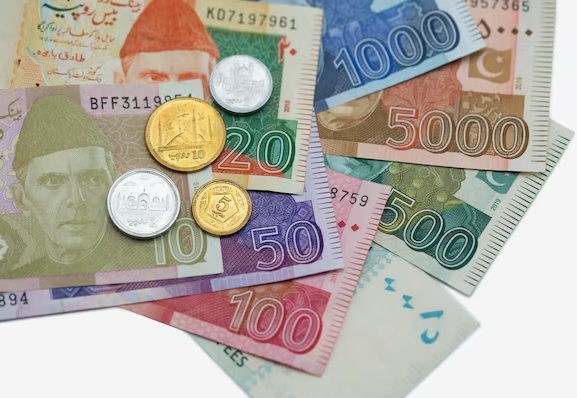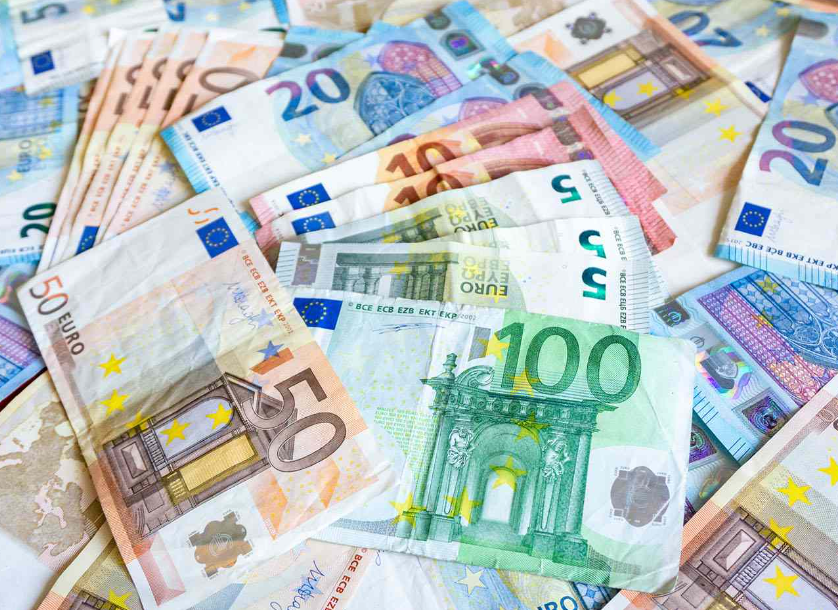Antigua and Barbuda, a twin-island nation located in the Caribbean region, uses the East Caribbean Dollar (XCD) as Antigua and Barbuda National Currency. In this article, we will delve into the history, features, and significance of the XCD, and explore the impact of the currency on the country’s economy.
The East Caribbean Dollar (XCD) is the official currency of Antigua and Barbuda, as well as seven other Caribbean nations, including Dominica, Grenada, and St. Kitts and Nevis. The XCD is pegged to the US dollar at a fixed exchange rate of 2.7:1, which means that 1 US dollar is equivalent to 2.7 XCD. The XCD is managed by the Eastern Caribbean Central Bank (ECCB), which is the monetary authority for the eight member countries of the Eastern Caribbean Currency Union (ECCU).
History of the Antigua and Barbuda National Currency
The XCD has its roots in the British West Indies, where it was introduced in the late 19th century as a replacement for the British West Indies dollar. The XCD was initially pegged to the pound sterling, but it was later switched to the US dollar in the 1970s. In 1965, the Eastern Caribbean Currency Authority (ECCA) was established to issue and manage the XCD. The ECCA was later replaced by the ECCB in 1983, which became responsible for the monetary policy and management of the XCD.
Features of the XCD
The XCD is denominated in both coins and banknotes, with the coins ranging from 1 cent to 1 dollar and the banknotes ranging from 5 to 100 dollars. The XCD is widely accepted in Antigua and Barbuda and the other member states of the ECCU, although US dollars and other major currencies are also accepted. The ECCB issues the XCD, and the banknotes feature images of prominent figures and landmarks from the member countries.
Significance of the Antigua and Barbuda National Currency
The XCD is a vital component of Antigua and Barbuda’s economy, as it facilitates domestic and international trade, investment, and tourism. The country relies heavily on the tourism sector, and the XCD is the primary currency used by tourists visiting Antigua and Barbuda. The XCD is also used by the government to pay its bills, salaries, and other expenses.
Exchange rate and foreign exchange policies
As mentioned earlier, the XCD is pegged to the US dollar at a fixed exchange rate of 2.7:1. The ECCB maintains the peg through its foreign exchange policies, which involve buying and selling foreign currencies in the foreign exchange market. The ECCB also regulates the commercial banks in the ECCU, which are required to hold a certain percentage of their deposits in reserve at the ECCB.
Impact of the Antigua and Barbuda National Currency on economy
The XCD has both positive and negative impacts on Antigua and Barbuda’s economy. On the positive side, the XCD provides stability and predictability for the country’s domestic and international transactions. The peg to the US dollar helps to insulate Antigua and Barbuda’s economy from currency fluctuations and inflationary pressures. Moreover, the XCD allows for easier cross-border trade with the other member countries of the ECCU, which facilitates economic integration and growth in the region.
On the negative side, the peg to the US dollar can also constrain Antigua and Barbuda’s monetary policy options. For example, if the US Federal Reserve raises interest rates, the ECCB may be forced to follow suit, even if the local economic conditions in Antigua and Barbuda dictate otherwise. Furthermore, the reliance on the XCD can make Antigua and Barbuda vulnerable to external shocks, such as changes in the global oil prices or demand for tourism.
Pros and cons of using the XCD as national currency
Overall, the XCD has both advantages and disadvantages as Antigua and Barbuda’s national currency. On the one hand, the XCD provides stability, predictability, and integration benefits for the country’s economy and society. On the other hand, the XCD’s fixed exchange rate and reliance on the US dollar can limit the country’s monetary policy autonomy and expose it to external risks.
The future of the Antigua and Barbuda National Currency
The future of the XCD depends on various factors, such as the performance of the ECCU economies, the global economic and financial conditions, and the policies of the ECCB and the member governments. Some experts argue that the ECCU should consider adopting a more flexible exchange rate regime, such as a managed float or a currency basket, to better reflect the economic fundamentals and achieve greater policy autonomy.
FAQs
- What other currencies are accepted in Antigua and Barbuda besides the XCD?
Answer: US dollars and other major currencies are also accepted.
- Is the XCD used only in Antigua and Barbuda?
Answer: No, the XCD is used in eight member countries of the ECCU.
- How is the XCD exchange rate maintained?
Answer: The XCD is pegged to the US dollar at a fixed exchange rate of 2.7:1, and the ECCB maintains the peg through its foreign exchange policies.
- What are the benefits of using the XCD as national currency?
Answer: The XCD provides stability, predictability, and integration benefits for the economy and society.
- What are the drawbacks of using the XCD as national currency?
Answer: The XCD’s fixed exchange rate and reliance on the US dollar can limit the country’s monetary policy autonomy and expose it to external risks.
Conclusion
In conclusion, the East Caribbean Dollar (XCD) is the national currency of Antigua and Barbuda, and it plays a vital role in the country’s economy and society. The XCD has a rich history, distinct features, and both positive and negative impacts on Antigua and Barbuda’s economic development. The future of the XCD depends on various factors, and its continued relevance will depend on how well it can balance the stability, integration, and autonomy needs of Antigua and Barbuda and the ECCU as a whole.
References
- Eastern Caribbean Central Bank. (2021). About Us. Retrieved from https://www.eccb-centralbank.org/about-us/
- Encyclopedia Britannica. (n.d.). East Caribbean dollar. Retrieved from https://www.britannica.com/topic/East-Caribbean-dollar
- Investopedia. (2022). Eastern Caribbean Currency Union (ECCU). Retrieved from https://www.investopedia.com/terms/e/eccu.asp

